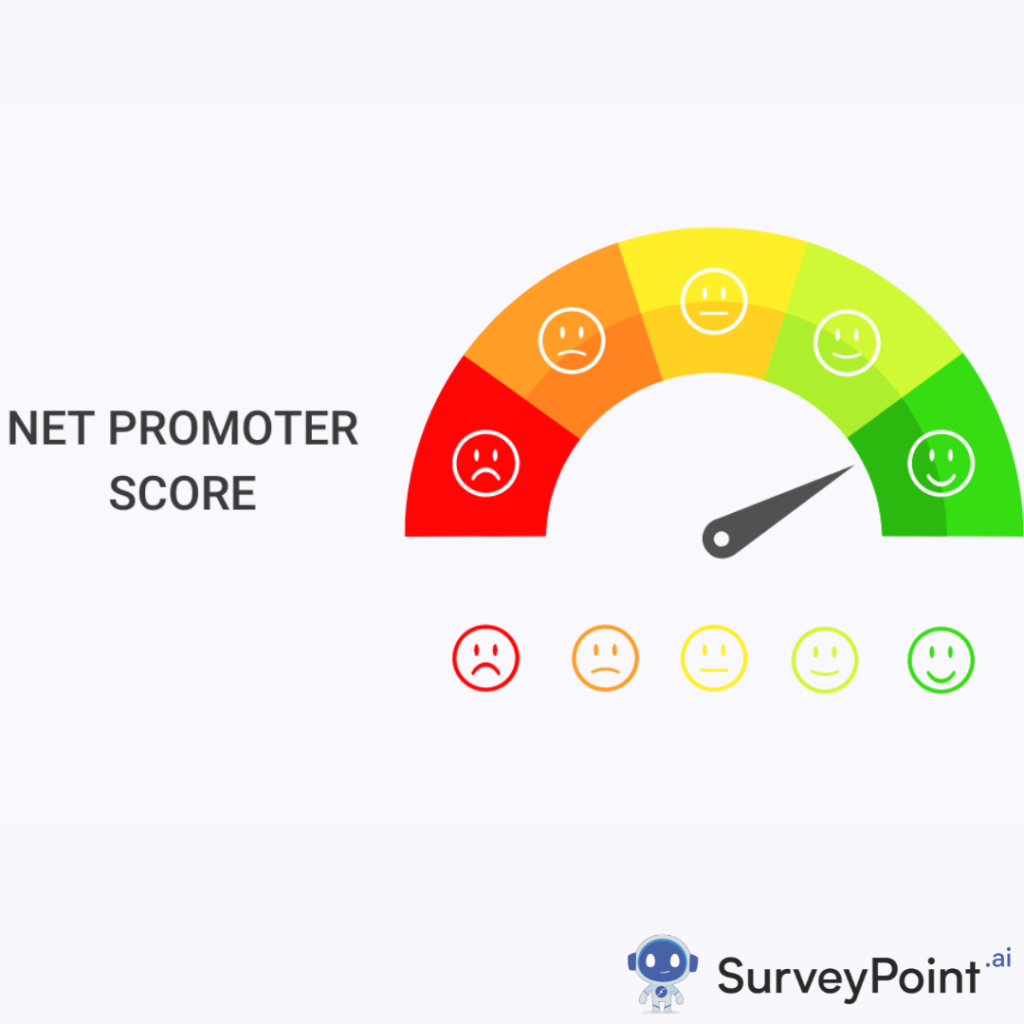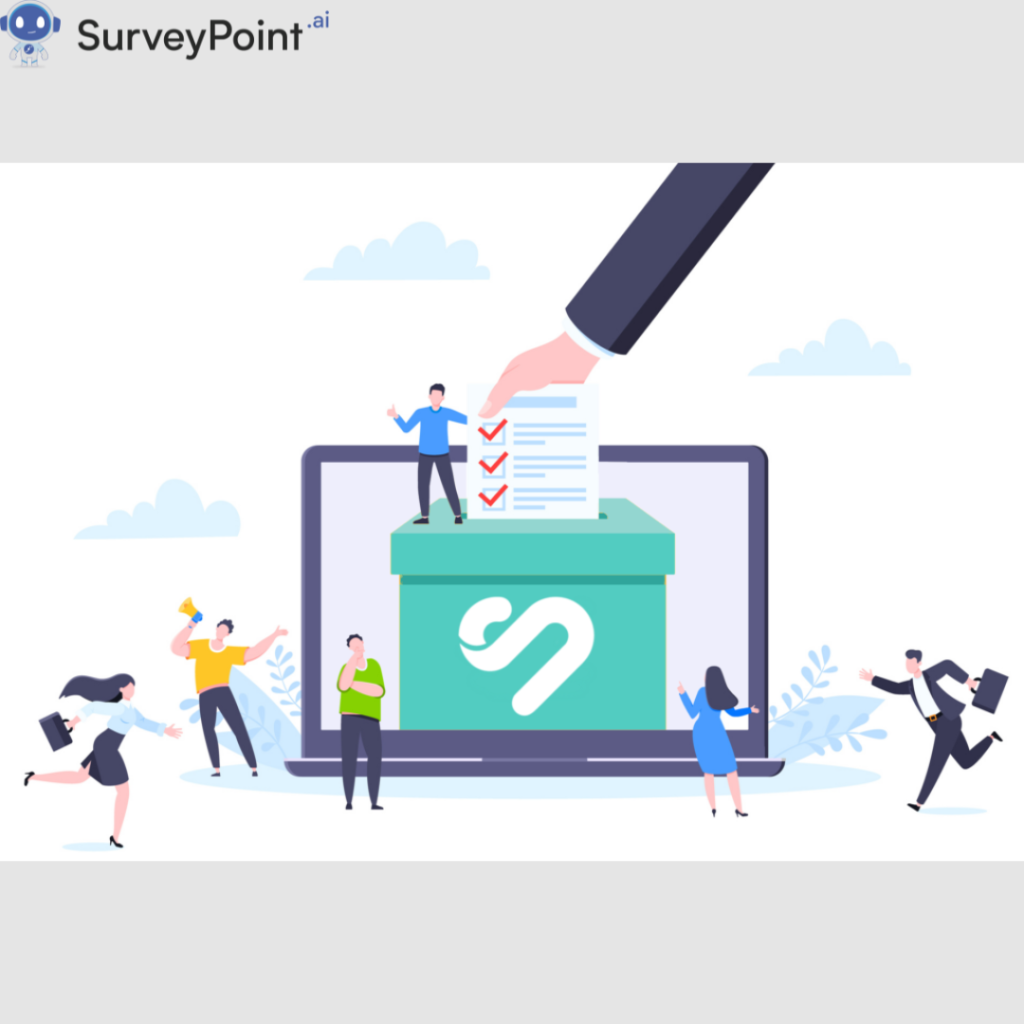
Search engines and artificial intelligence (AI) are crucial elements of the rapidly evolving technology landscape that impact our capacity to access and utilize information. Google, the world’s most popular search engine, and OpenAI’s ChatGPT are two well-known tools in this field. Although they both have completely changed the way we get information, they have different functions and special qualities. Depending on their needs, users can use ChatGPT and Google more efficiently if they are aware of their differences.
This blog aims to highlight the key differences between ChatGPT and Google, examining their unique features, strengths, and areas where one may outperform the other. Whether you’re seeking detailed, human-like interaction or quick access to a vast array of information, this comparison will help you decide which tool is best suited for your specific requirements. Join us as we navigate through the functionalities and applications of ChatGPT and Google, uncovering the distinctive attributes that make each a powerful tool in its own right.
What is ChatGPT?
ChatGPT, developed by OpenAI, is a cutting-edge language model built on the GPT-4 architecture. It leverages advanced machine learning techniques to understand and generate human-like text based on the input it receives. ChatGPT is designed to engage in natural conversations, provide informative answers, assist in content creation, and much more. Its ability to process and generate text that is contextually relevant makes it a powerful tool for various applications.
One of the key features of ChatGPT is its natural language understanding, which allows it to comprehend complex queries and maintain context over multiple exchanges. This enables it to provide coherent and contextually appropriate responses. Additionally, ChatGPT’s versatility makes it suitable for a wide range of tasks, including customer support, tutoring, and creative writing. Its ability to be fine-tuned for specific needs further enhances its utility, making it a customizable solution for different industries and applications.
Advantages of ChatGPT Compared to Google
Conversational Interaction
ChatGPT excels in conversational interaction, making it ideal for scenarios where extended dialogue is necessary. Unlike Google, which provides search results based on individual queries, ChatGPT can engage in continuous conversations, understanding and maintaining context throughout. This capability is particularly valuable in customer service, tutoring, and interactive applications where follow-up questions and detailed explanations are required.
Creativity and Content Generation
One of the standout advantages of ChatGPT is its ability to generate creative content. It can produce stories, articles, poems, and other forms of creative writing, which is beyond the scope of Google’s search functionality. This makes ChatGPT an excellent tool for content creators looking to brainstorm ideas, draft content, or explore creative writing projects. Its ability to provide novel ideas and articulate them in a coherent manner enhances its value in the creative industry.
Task Automation
ChatGPT is highly effective in automating various text-based tasks. It can draft emails, summarize documents, generate reports, and perform other administrative tasks efficiently. This automation capability can save time and improve productivity, especially in professional settings where repetitive text-based tasks are common. ChatGPT’s ability to handle these tasks with accuracy and speed makes it a valuable asset for businesses and individuals alike.
Personalization
The ability to personalize responses is another significant advantage of ChatGPT. It can be customized to understand and respond according to specific user preferences and requirements. This level of personalization enhances user experience and ensures that the interactions are relevant and tailored to individual needs. Whether it’s adapting to a specific tone or focusing on particular topics, ChatGPT’s customization capabilities make it a flexible tool for personalized communication.
Understanding Context
ChatGPT’s understanding of context is a critical feature that sets it apart. It can maintain and build upon the context provided in previous interactions, enabling it to handle complex queries and multi-part conversations effectively. This contextual understanding is crucial in providing accurate and relevant responses, making ChatGPT a reliable conversational partner for users seeking detailed and contextually appropriate information.
Limitations of ChatGPT Compared to Google
Access to Real-time Information
One of the primary limitations of ChatGPT is its lack of real-time information access. Unlike Google, which constantly updates its database with the latest information, ChatGPT relies on pre-existing data for its responses. This means that it may not provide the most current updates on news, events, or emerging trends. Users seeking real-time information might find Google more reliable in this regard.
Breadth of Information
While ChatGPT can generate relevant information based on its training data, it may not have the comprehensive and extensive database that Google Search possesses. Google’s vast index of web pages allows it to cover a wide range of topics in depth, whereas ChatGPT’s knowledge is limited to what it has been trained on. This limitation can affect the breadth and depth of information ChatGPT can provide.
Fact-checking and Accuracy
The accuracy of information generated by ChatGPT can sometimes be a concern. While it aims to provide accurate and reliable responses, there are instances where it might produce incorrect or misleading information. Unlike Google, which prioritizes authoritative sources and fact-checking, ChatGPT’s responses are based on patterns observed in its training data, which may not always be accurate. Users need to verify the information provided by ChatGPT from trusted sources.
Limited to Text
ChatGPT primarily deals with text-based inputs and outputs, whereas Google can handle a variety of media types, including images, videos, and news articles. This limitation means that ChatGPT cannot provide visual content or multimedia resources that might be crucial for certain queries. For users seeking diverse media content, Google remains the more versatile option.
Advantages of Google Compared to ChatGPT
Real-time Information Access
Google’s ability to provide real-time information is one of its greatest strengths. It continuously updates its database with the latest news, events, and developments, ensuring that users have access to the most current information. This real-time access is invaluable for staying informed about breaking news, live updates, and emerging trends.
Comprehensive Search Engine
Google’s search engine is renowned for its comprehensive indexing of billions of web pages. This extensive database allows Google to cover a wide array of topics in great detail. Whether users are looking for specific information, conducting academic research, or exploring niche topics, Google provides a vast and reliable resource for any query.
Multimedia Search
Google excels in retrieving information from various media types, including images, videos, and maps. This capability enhances the search experience by providing users with diverse content formats that can better address their needs. For visual content, video tutorials, or geographic information, Google offers a multifaceted approach that goes beyond text-based results.
Accuracy and Reliability
Google’s search algorithms prioritize authoritative and reliable sources, ensuring that users receive accurate and trustworthy information. This emphasis on quality and credibility makes Google a dependable tool for fact-checking and obtaining verified information. Users can trust that the search results provided by Google are from reputable sources, enhancing the overall reliability of the information.
Wide Range of Services
Google offers a wide range of services beyond search, including Google Maps, Google Scholar, Google News, and Google Translate. These services expand Google’s utility, making it a versatile tool for various needs. Whether users require navigation, academic resources, news updates, or language translation, Google provides integrated solutions that cater to a broad spectrum of requirements.
Limitations of Google Compared to ChatGPT
Lack of Conversational Interaction
Google Search does not engage in conversational interactions; it provides search results based on individual queries without maintaining context over multiple exchanges. This limitation means that Google cannot hold extended dialogues or understand follow-up questions in the same way ChatGPT can. For interactive and conversational applications, ChatGPT offers a more engaging and context-aware experience.
Personalization Limitations
While Google tailors search results based on user behavior and preferences, it does not offer the same level of personalized interaction as ChatGPT. ChatGPT can adapt its responses to specific user preferences and provide tailored assistance, making it more suitable for personalized communication. Google’s personalization is primarily focused on improving search relevance rather than interactive engagement.
Content Generation
Google does not generate content or assist in creative writing directly; it primarily retrieves and ranks existing content. In contrast, ChatGPT can create original content, such as stories, articles, and poems, providing valuable assistance in creative endeavors. For users seeking content generation and creative writing support, ChatGPT offers capabilities that Google lacks.
ChatGPT vs. Google
Use Cases
ChatGPT and Google serve distinct purposes and excel in different areas. ChatGPT is best suited for interactive and conversational applications, creative content generation, and personalized assistance. It excels in scenarios where extended dialogue and context maintenance are crucial
. On the other hand, Google is ideal for quick information retrieval, accessing real-time data, and leveraging a broad array of services. It provides comprehensive search results and a wide range of multimedia resources.
User Experience
The user experience offered by ChatGPT and Google differs significantly. ChatGPT provides a more engaging and human-like interaction, making it suitable for tasks requiring dialogue and context understanding. Users can have natural conversations with ChatGPT, receiving responses that are contextually relevant and coherent. In contrast, Google offers a straightforward and efficient search experience, optimized for retrieving information quickly and accurately. Users can obtain a vast amount of information through Google’s search engine, but without the conversational engagement.
Integration
ChatGPT and Google also differ in their integration capabilities. ChatGPT can be integrated into various applications for automated customer service, content creation, and more. Its flexibility allows it to be customized for specific needs and industries. Google, on the other hand, powers a wide range of services and applications, from search to navigation and cloud services. Google’s extensive ecosystem of services provides users with integrated solutions for various needs.
Conclusion
Both ChatGPT and Google have their unique advantages and limitations. ChatGPT excels in conversational AI, creative content generation, and personalized interactions, making it a valuable tool for many applications. Its ability to engage in natural, contextually aware dialogues sets it apart in scenarios where extended interaction and detailed responses are required. Conversely, Google shines in real-time information retrieval, comprehensive search capabilities, and its wide range of integrated services. Its ability to provide accurate, reliable, and diverse content makes it indispensable for quick and broad information access.
Understanding the differences between ChatGPT and Google allows users to choose the right tool for their specific needs, whether it’s for in-depth conversation, creative tasks, or efficient information retrieval. Both tools complement each other, offering distinct strengths that cater to various aspects of our digital and informational needs.




